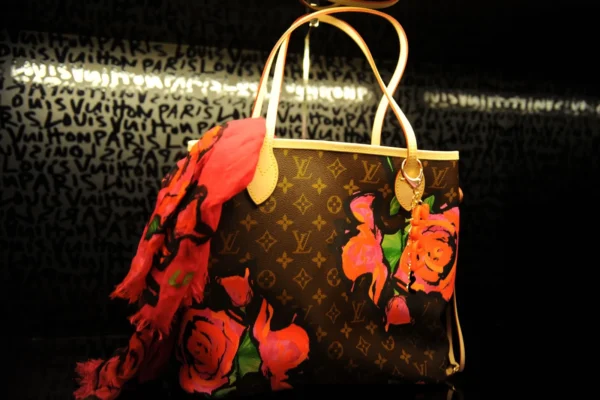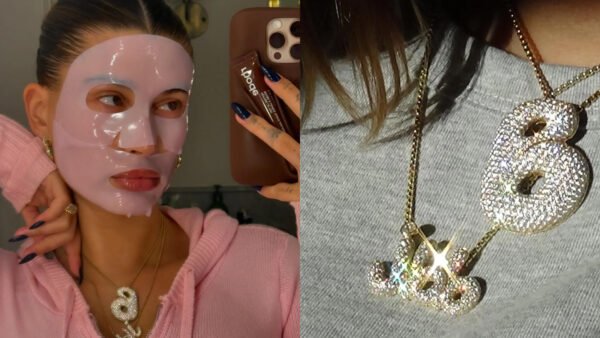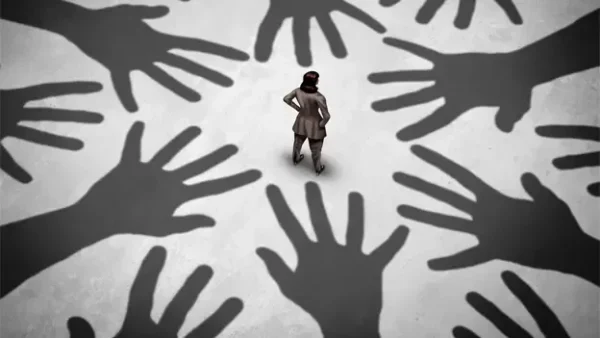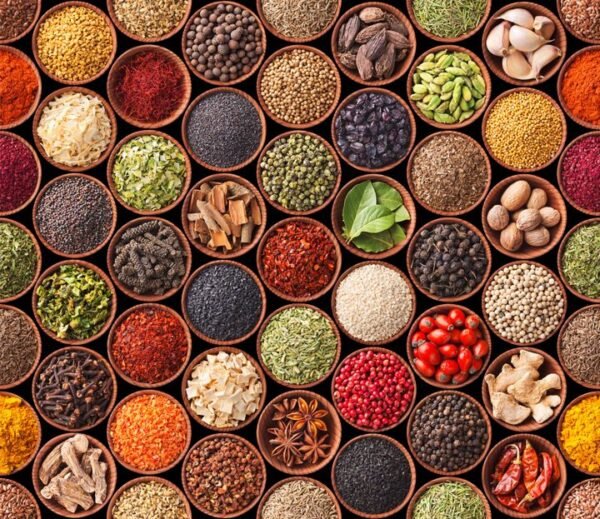
Are We Moving Away From Traditions?

From celebrating the big day to funeral preparations, nearly all big life events have some traditions attached to them. While some people love embracing history’s quirky customs, others are exploring more modern routes and favouring unique touches. And so it may be time to ask if traditions are still relevant in this day and age and explore how and why many people are moving past them to do their own thing.
Funerals
The way we approach funerals has completely changed in the last few years. While burials with extravagant ceremonies used to be favoured, more people are choosing to be cremated in no-frills ceremonies without a traditional open casket wake. As well as the burial itself, the planning aspect has changed, too. The grieving family named in the will would have had to plan and pay for the funeral by visiting a funeral director, adding more stress to those already struggling. These days, people are more aware of the cost of funerals and are choosing to plan their own in advance using online services such as Beyond.
Another change to funeral traditions is the overall formality of the day. According to a survey by YouGov, only 22% of people see wearing black as a requirement for funerals. Black has been a symbol of mourning and a way of showing respect to the dead since the days of the Roman Empire, but we’re moving away from this. Instead, people are choosing brighter colours and more upbeat music as a way of celebrating the deceased’s life.
Weddings
We all know that wedding dress styles have changed to mimic modern trends, but what about the other traditions? These days, most people try to pick a weekend date for their big day to ensure everyone can make it, but it wasn’t always this way. In fact, it was considered very bad luck to get married on a Saturday at the beginning of the twentieth century – a tradition that has long been left behind.
Big ornate white wedding cakes are always going out of style, with many couples favouring cupcake towers instead. The old-school cakes were made from dried fruit and used to be deemed a luxury as they were expensive at the time, but this has been left in the past in favour of tastier treats. In fact, only 18% of those getting married in the UK chose a traditional cake in 2015 according to The Telegraph, with the rest favouring unique flavours or cupcakes on their big day.
Cultural events
Other traditions form part of our shared cultural heritage, such as Bonfire Night. Although the story behind it isn’t so cheerful, many of us still see this as a significant date in our diary and mark the occasion. However, many of the traditions have been slowly replaced or upgraded over the years. Children used to make a ‘Guy’ from straw, fabric and similar materials just to burn it on a big bonfire. While some may still do this, people tend to favour impressive fireworks shows and funfairs over unsafe bonfires. The price and availability of fireworks has also enabled more people to mark this event at their own home with private, family gatherings.
Another tradition that has lasted the test of time is pumpkin carving at Halloween; while it was previously done to protect the household from evil spirits, we now keep this tradition alive just for the fun of it. Meanwhile, dating all the way back to the 15th Century, Morris Dancing can often be seen at summer fetes or celebrations. While it isn’t as popular as it used to be, it’s a much loved tradition going back over 500 years.
Traditions change along with our tastes, but this mostly means updating or amending the way in which we celebrate or commemorate big life moments and cultural events, rather than replacing them. It’s an important distinction – and shows why it’s perfectly possible to honour the past and reflect the present at the same time.












































